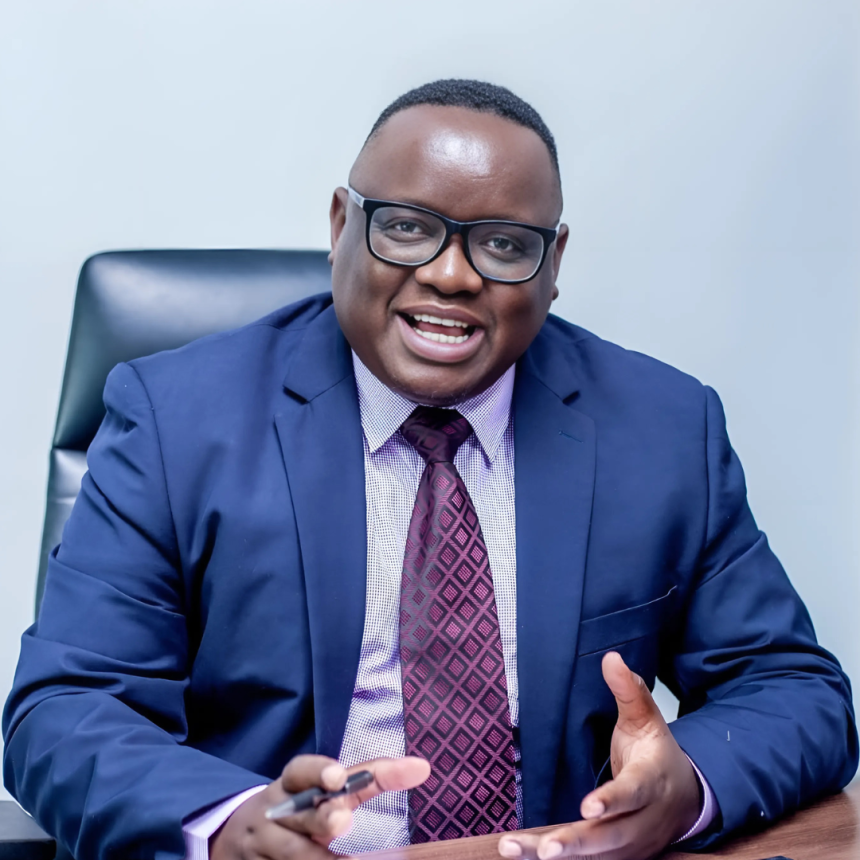By Brian Matambo.
LUSAKA — People’s Alliance for Change (PAC) president Andyford Banda has cast Zambia’s 2026 national budget as cosmetic and election-minded, arguing it neither tackles the power crisis nor unlocks jobs at the scale the economy needs. In a Friday night appearance on Ambassador Emmanuel Mwamba’s EMV program, President Banda said the government’s headline measures look busy but leave the fundamentals unchanged.
President Banda’s core critique is simple: the state is squeezing citizens while sparing the mines, and calling that reform. He pointed to fresh levies on mobile money and visas as evidence of a revenue strategy that falls hardest on low income households and young people without jobs. By contrast, he said, mineral royalties and incentives continue to dull the sector’s contribution to the treasury, even as authorities project copper output rising toward one million tonnes.
On the widely promoted Constituency Development Fund, President Banda argued the math does not justify the hype. Even with the nominal increase, CDF sits at roughly two and a half percent of the total budget, too small to be the “game changer” the government claims. He added that implementation is uneven and often political. His example was the recent ceremonial handover of ambulances, where councils drew on CDF for travel and allowances so local officials could attend a central parade. If money meant for community projects is diverted to pageantry, he said, the program’s credibility erodes.
The energy story, in President Banda’s telling, is where policy failure bites most. He criticized the decision to keep exporting electricity through the worst of load shedding, arguing that a premium export tariff cannot offset the economic damage to welders, salons and small manufacturers at home. He also questioned the budget’s promise of 1,500 megawatts added next year, saying a credible projection requires a project-by-project breakdown and timelines. Without it, he said, the number reads like a campaign lyric rather than a plan.
Debt and borrowing are a second fault line. Domestic borrowing is set to rise, he noted, which crowds out small and medium enterprises already struggling to access affordable credit. External debt has climbed since 2021. The combination, in his view, means the state is financing day-to-day pressures by taxing households more and tapping local markets, not by unlocking new growth engines.
Jobs tell the same story. Hiring 3,500 teachers and 2,000 health workers may improve service delivery, President Banda said, but it does not constitute an employment strategy in an economy that needs on the order of 400,000 new jobs a year. He framed that figure as the bar for impact on poverty and growth, and said nothing in the budget clears it.
Two callers sharpened the exchange.
The first, identifying himself as Zephaniah Phiri, asked whether government can guarantee transparency in CDF disbursements and how the plan squares rising debt with long term sustainability. President Banda replied that accountability is likely to weaken in an election year, not strengthen. He predicted quicker releases to signal action, coupled with looser controls in the rush to spend. On debt, he said the path is unsustainable because domestic borrowing expands while no credible framework is set out for repaying restructured external obligations. If the state keeps absorbing local liquidity, private enterprise will keep stalling.
A second caller, Queen Phumie from California, said the budget felt “depressing,” questioned the low shares for education and health, and asked where the money from years of power exports has gone. President Banda agreed that the spending mix is not transformative and said the energy narrative needs proof, not slogans. If net metering is a pillar, for example, the government should publish how many customers are connected and how many megawatts are actually feeding into the grid. If exports were the priority during shortages, there should be a transparent accounting of the proceeds and how they benefitted citizens.
Throughout, President Banda returned to two ideas he sees as the real levers for change. First, restructure the economy so Zambians own and supply a larger share of high value activity, starting with enforceable local content in mining and its supply chains. Second, treat electricity as a domestic growth input before it is an export commodity, so that workshops, shops and factories can stay open long enough to hire and invest.
His verdict on the 2026 plan was blunt. It is an election budget designed to look energetic, he said, but it does not resolve the power crisis, does not rebalance the tax burden, and does not create jobs at the scale Zambia needs. If transformation is the goal, President Banda argued, the country must move from ceremony to substance.
Subscribe to our Free high quality daily Newsletter to stay ahead of everyone when it comes to news – https://www.zambiavotes.com/newsletter/



Leave a Reply